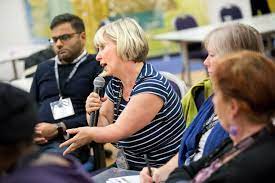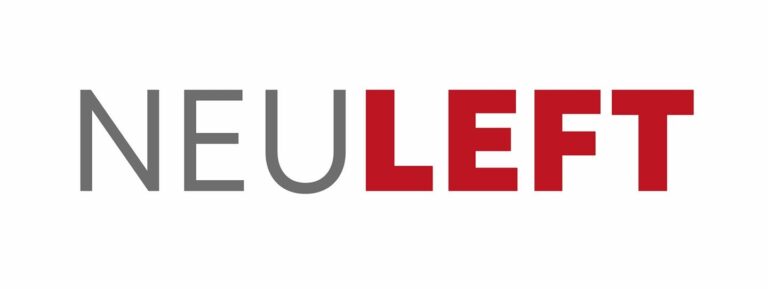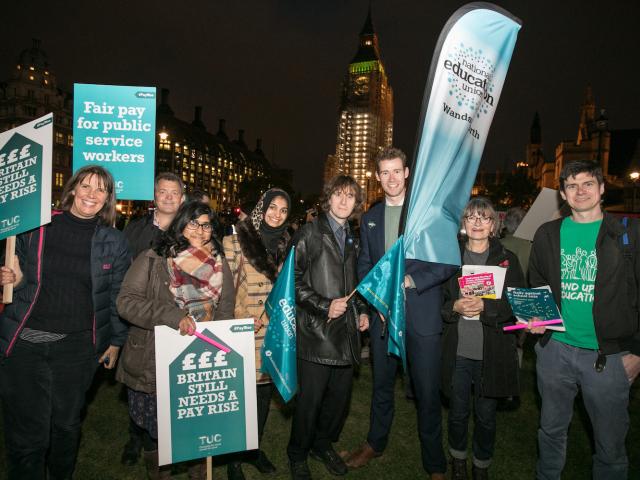Fighting for Disability Equality

by Paul Phillips (Waltham Forest) and Simon Murch (Sheffield)
This year’s NEU Disabled Members’ Conference, held just before half term, was all about collectivising for change under the banner DISABILITY! PRIDE! ACTION!.
The title alone should give heart to many disabled members and reflects a confidence for disabled members, something which has been growing over the past few years.
Judy Ellerby launched the Disability Equality Toolkit, designed to be used by NEU workplace reps to support disabled members as well as providing information and advice for disabled members themselves. All the resources are based on the social model of disability and are aimed at promoting a collective response to supporting NEU disabled members in the workplace.
On Saturday NEU joint General Secretary Mary Bousted spoke about her identification as a disabled person. A recommendation to Mary was put from the floor that in the lead up to the pay ballot in the Autumn, a focus should be upon the experience of disabled members having to live during the pay freeze and cost of living crisis.
She agreed and asked members to collate their experiences and send them in to strengthen the Union’s meetings with the secretary of state. There were workshops on the social model of disability, Long Covid, invisible impairments and reasonable adjustments – again, all aimed at supporting disabled members in the workplace.
On Sunday, motions were debated and motion 3, based on reasonable adjustments, was passed to go to the Annual National conference.
National President Daniel Kebede, himself a disabled member, issued a call to arms and suggested a fight on three points:
1. Funding, particularly SEND
2. Child poverty. There were 4.3 million children in poverty in Britain even before the pandemic in what is the fifth largest economy in the world.
3. Pay. TAs have lost £4K in real terms since 2010, UPR teachers have lost 22% in the same period.
There IS wealth in this society – energy company profits, fuel costs (penalising disabled people who may not be able to use public transport) but we can see the massively unequal way it is distributed.
This is not a cost-of-living crisis, it is a crisis in greed. Wealth is being extracted from the rest of us into the pockets of the few.
Wewill need to take action to win, starting on 18th June with the TUC We Demand Better demo. Big numbers won’t change the world by themselves but they will build confidence.
After that, unless the STRB recommends 9%, there will be a ballot on 1st October when we need to vote to strike. We acted collectively over Section 44 and we can do the same over pay and funding.It’s time to Value Educators and Value Education!
You can access the Disablity Equality toolkit here:


